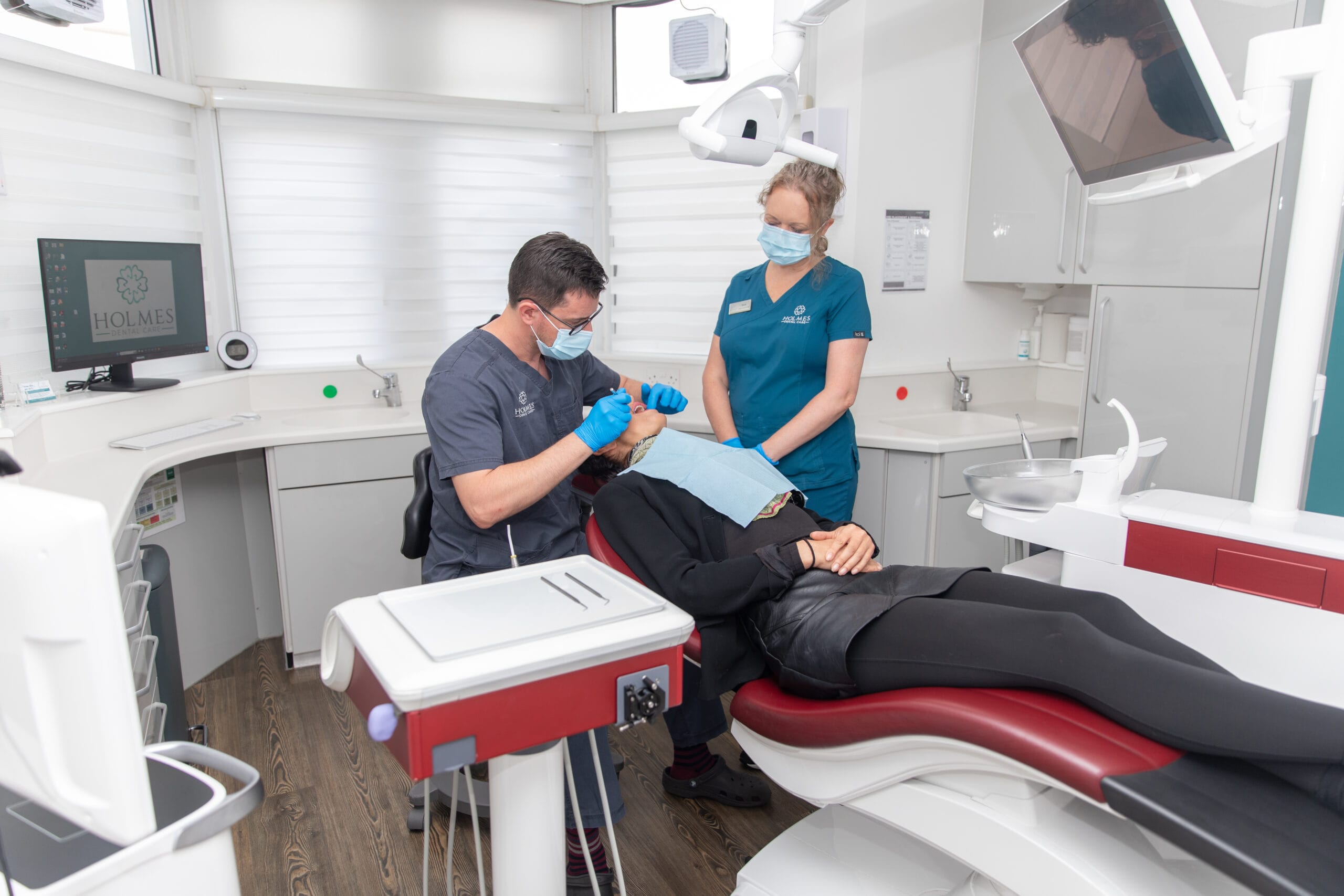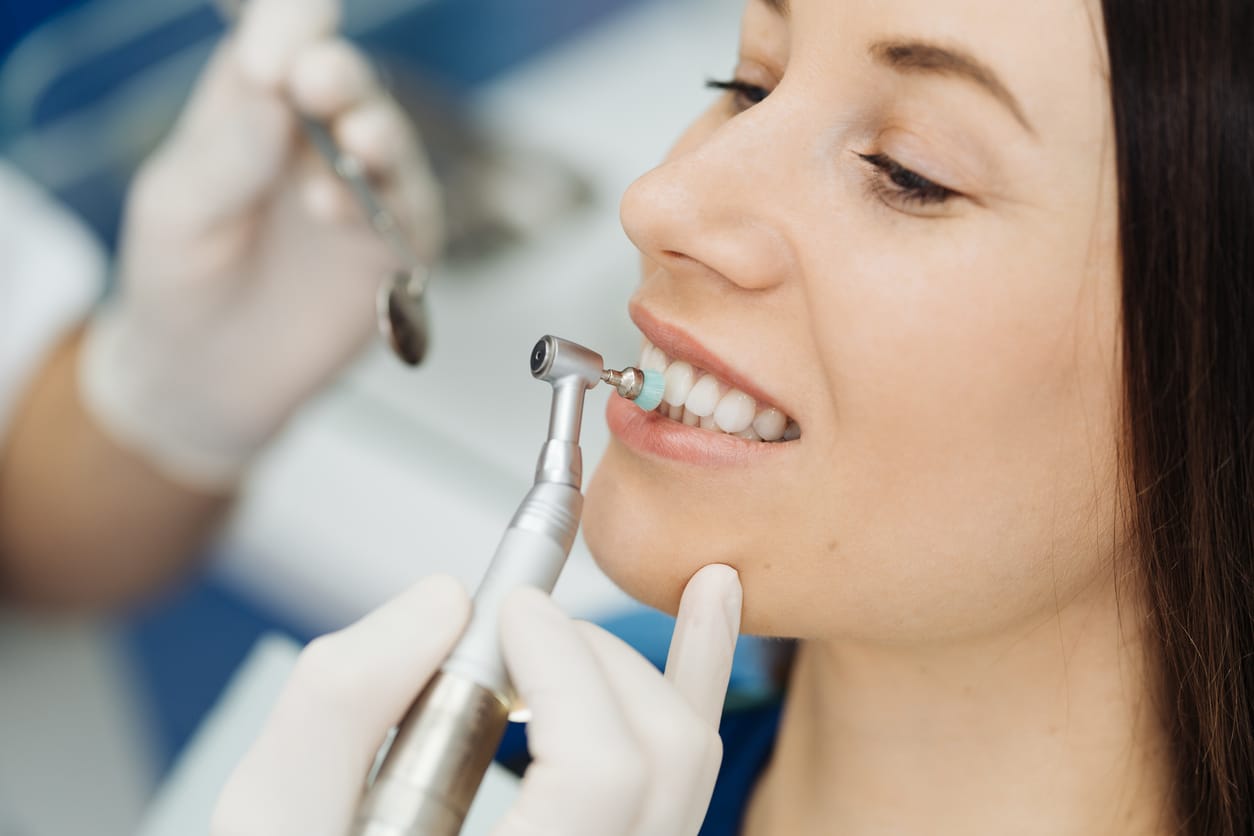Maintain healthy teeth and gums with hygiene treatment
At Holmes Dental Care, we believe in proactive dental care. Regular appointments with our expert hygienists help prevent gum disease and dental decay, stopping any avoidable dental problems from occurring. While your oral care routine at home does most of the work when it comes to removing plaque from your teeth, a professional clean will help remove any build up, protecting your smile from bacteria. Let us help you maintain excellent oral health – book your hygiene appointment today!










